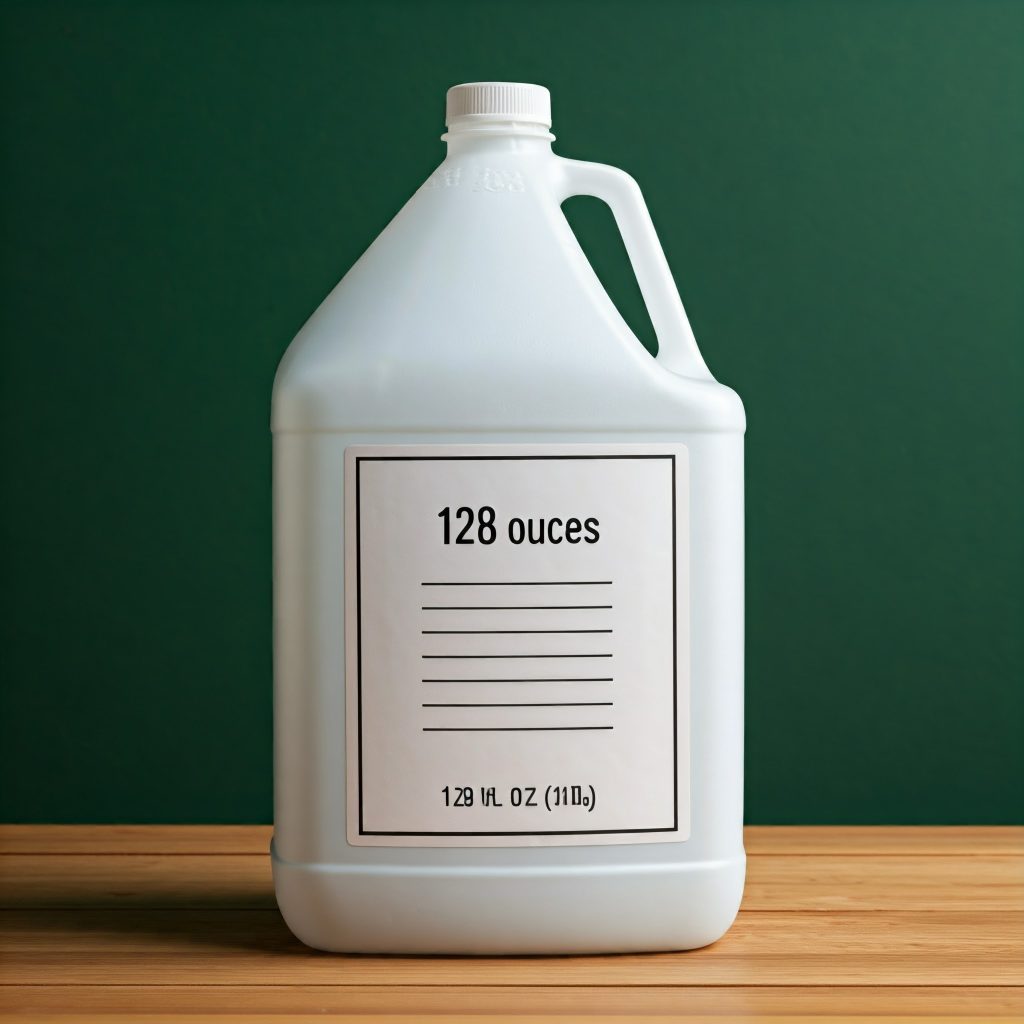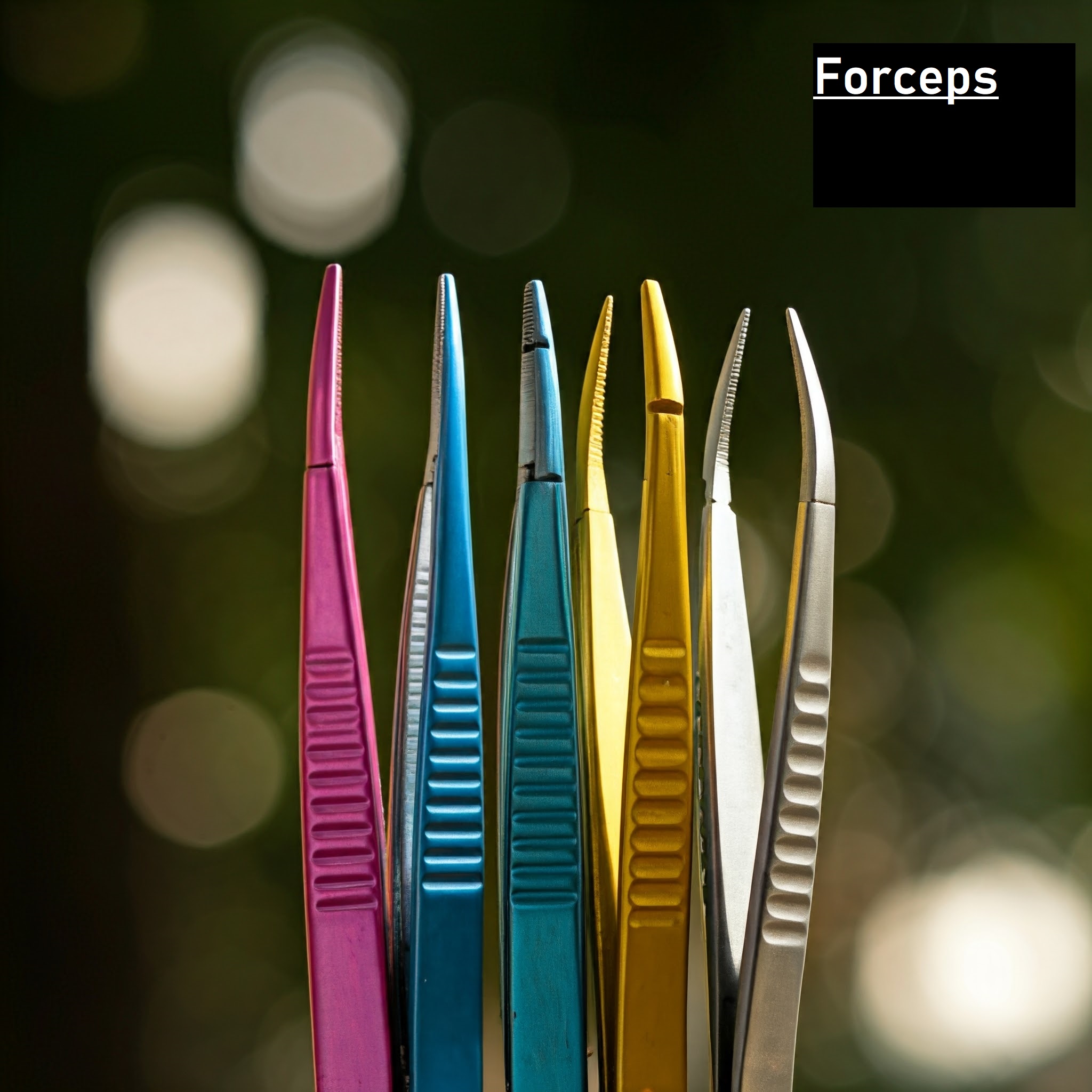
Understanding the conversion between ounces and gallons is essential, especially for cooking, measuring liquids, or converting quantities in recipes. This article provides complete, to-the-point information on how many ounces are in a gallon, along with a conversion table and clear definitions for better understanding.
Definition of Gallon and Ounce
What is a Gallon?
A gallon is a unit of liquid measurement used primarily in the United States and a few other countries. It is part of the US customary system of measurement. In the US, one gallon equals 128 fluid ounces. There are two types of gallons:
- US Liquid Gallon: Equal to 128 fluid ounces.
- Imperial Gallon (used in the UK and other countries): Equal to 160 fluid ounces.
What is an Ounce?
An ounce (oz) is a unit of weight and volume. When measuring liquids, we refer to fluid ounces. A fluid ounce measures the volume of a liquid, and it is different from an ounce that measures weight. In this context, we’ll focus on fluid ounces for liquid measurements.
How Many Ounces in a Gallon?
- In the US: 1 US gallon = 128 US fluid ounces.
- In the UK (Imperial System): 1 Imperial gallon = 160 Imperial fluid ounces.
This difference occurs because the US gallon is smaller than the Imperial gallon, which is still used in countries like the UK and Canada.
Conversion Table: Ounces to Gallons
The table below shows how many ounces convert to fractions of gallons in both the US and Imperial systems:
| Ounces (oz) | US Gallons | Imperial Gallons |
|---|---|---|
| 1 oz | 0.0078 gal | 0.00625 gal |
| 8 oz (1 cup) | 0.0625 gal | 0.05 gal |
| 16 oz (1 pint) | 0.125 gal | 0.1 gal |
| 32 oz (1 quart) | 0.25 gal | 0.2 gal |
| 64 oz | 0.5 gal | 0.4 gal |
| 128 oz | 1 gallon | 0.8 gal |
| 160 oz | 1.25 gal | 1 gallon |
How to Convert Ounces to Gallons
To convert fluid ounces to gallons, use the following formulas:
For US Gallons:
Gallons = Ounces/128
Example: If you have 64 ounces of water, you can convert it to gallons by dividing 64 by 128.
64÷128=0.5 gallons
For Imperial Gallons:
Gallons =
Example: If you have 80 ounces, the conversion would be:
80÷160=0.5 gallons (Imperial)
Quick Conversions
- 1 US gallon = 128 US fluid ounces.
- Half gallon (US) = 64 fluid ounces.
- 1 Imperial gallon = 160 Imperial fluid ounces.
- Half gallon (Imperial) = 80 Imperial fluid ounces.
Why Knowing the Difference Matters?
Knowing whether you’re working with US or Imperial gallons is important, especially when following recipes, purchasing liquids, or converting between units. The US gallon is more commonly used in the United States, while the Imperial gallon is used in countries like the United Kingdom and Canada.
Why Knowing the Difference Matters?
Knowing whether you’re working with US or Imperial gallons is important, especially when following recipes, purchasing liquids, or converting between units. The US gallon is more commonly used in the United States, while the Imperial gallon is used in countries like the United Kingdom and Canada.
Common Uses of Gallons and Ounces
- In Cooking: Recipes often call for gallons or ounces to measure liquids such as water, milk, or oil. Accurate measurements ensure the right consistency and flavor.
- Fuel Measurement: Gallons are also used to measure fuel, such as gasoline. Gas stations in nations that use the Imperial system will show the price per Imperial gallon.
- Hydration Tracking: Many people track their daily water intake in ounces. Understanding how many ounces are in a gallon helps people aim for the recommended daily water intake (approximately half a gallon or 64 ounces).
How Many Fluid Ounces in a Gallon?
To determine how many fluid ounces of water bottles there are in a gallon, you first need to know the size of the water bottle in fluid ounces. The most common water bottle sizes are 16.9 fluid ounces (500 ml), 12 fluid ounces, and 8 fluid ounces.
1 US gallon = 128 fluid ounces.
Now, we’ll break it down by the different bottle sizes to determine how many bottles make up a gallon.
For 16.9 oz (500 ml) water bottles:
To find how many 16.9-ounce bottles make a gallon:
128 oz / 16.9oz
So, there are about 7.57 bottles of 16.9 oz of water in a gallon.
For 12 oz. water bottles:
For 12-ounce bottles:
128oz / 12oz = 10.67bottles
There are about 10.67 bottles of 12 oz of water in a gallon.
For 8 oz. Water Bottles:
For 8-ounce bottles:
128 oz / 8 oz =16bottles
There are exactly 16 bottles of 8 oz of water in a gallon.
Summary:
- 16.9 oz bottles: ~7.57 bottles per gallon.
- 12 oz bottles: ~10.67 bottles per gallon.
- 8 oz bottles: 16 bottles per gallon.
How Much Water Should I Drink a Day?
Staying hydrated is essential for health, but daily water needs vary by individual. Here’s a quick guide to how much water you should drink daily:
- Men: About 125 ounces (3.7 liters) per day.
- Women: About 91 ounces (2.7 liters) per day.
This includes all fluids from water, other beverages, and food.
Factors That Affect Water Intake:
- Activity: Exercise increases water needs. Drink an extra 12-16 ounces for every 30 minutes of exercise.
- Climate: Hot, humid weather requires more water. Add 2-3 glasses on hot days.
- Health Conditions: illness, pregnancy, or breastfeeding increase water needs. Pregnant women should drink about 100 ounces, and breastfeeding women about 128 ounces daily.
- Diet: High-protein, salty, or sugary foods demand more water. Water-rich foods like fruits help with hydration.
- Caffeine and alcohol: Both can dehydrate you, so drink extra water to compensate.
Tips to Stay Hydrated:
- Carry a water bottle.
- Drink before you feel thirsty.
- Eat water-rich foods like fruits and vegetables.
- Set reminders to drink water regularly.
- Drink a glass before each meal.
Conclusion
Understanding the conversion between ounces and gallons” is essential in everyday life.”, from cooking to tracking hydration. In the US system, 1 gallon equals 128 fluid ounces, while in the Imperial system, 1 gallon equals 160 fluid ounces. With these conversions, you can accurately measure liquids no matter where you are or what system you’re using.


